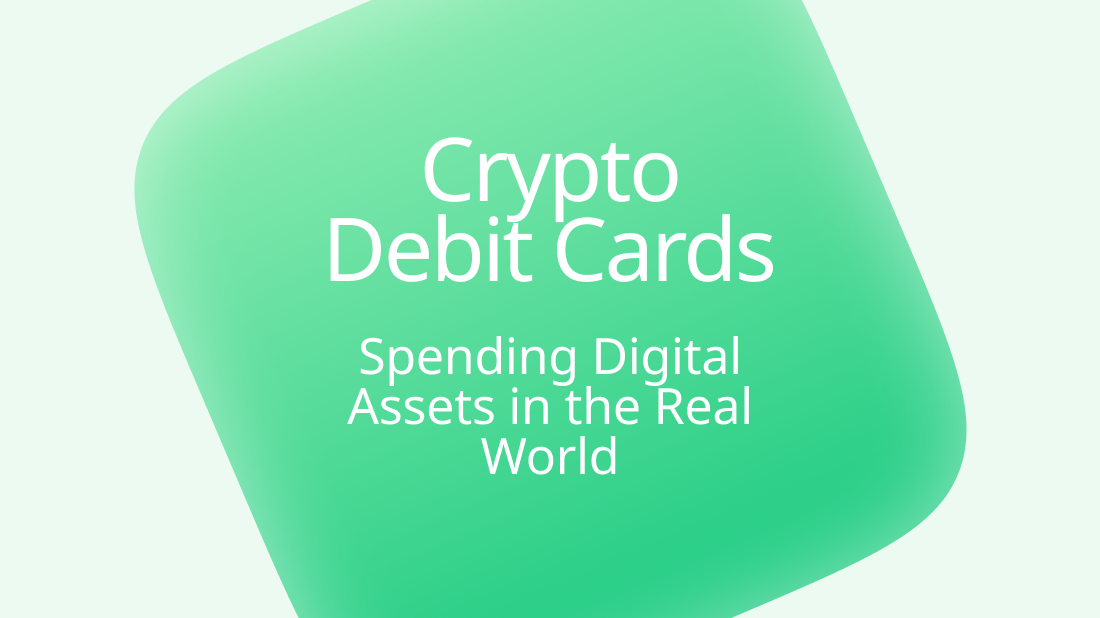The Role of Cryptocurrency in Crowdfunding and ICOs

In the dynamic landscape of finance, the intersection of cryptocurrencies and crowdfunding has given rise to a revolutionary approach to fundraising. Cryptocurrency crowdfunding, often facilitated through Initial Coin Offerings (ICOs), has disrupted traditional models of startup funding, providing new opportunities and challenges for entrepreneurs and investors alike. In this article, we will explore the evolution of crowdfunding through ICOs, its impact on startup funding, and the unique dynamics of this innovative financial paradigm.
Understanding Crypto Crowdfunding and ICOs
What is Crypto Crowdfunding? Crypto crowdfunding, also known as blockchain crowdfunding, involves raising funds for a project or venture by collecting small contributions from a large number of people, facilitated through blockchain technology. Unlike traditional crowdfunding, which typically involves fiat currencies, crypto crowdfunding relies on cryptocurrencies such as Bitcoin or Ethereum.
The Rise of ICOs
Initial Coin Offerings (ICOs) are a specific form of crypto crowdfunding where a new cryptocurrency or token is offered to investors in exchange for existing cryptocurrencies. ICOs gained significant popularity in the early 2010s as a novel method for startups to secure funding and for investors to gain early access to promising projects.
Evolution of Crypto Crowdfunding
Birth of Bitcoin
The concept of crowdfunding through cryptocurrencies can be traced back to the introduction of Bitcoin in 2009. Bitcoin, the first decentralized cryptocurrency, provided a glimpse into the potential of digital currencies as a means of transferring value.
Mastercoin - Precursor to ICOs
In 2013, the Mastercoin project conducted the first-ever ICO, paving the way for the fundraising model. Mastercoin raised over 4,700 BTC, demonstrating the viability of using token sales to fund blockchain projects.
Smart Contracts and ICO Boom
Ethereum, with its introduction of smart contracts in 2015, played a pivotal role in the ICO boom. Smart contracts enabled the creation of tokens on the Ethereum blockchain, making it easier for startups to conduct token sales and for investors to participate in ICOs.
The DAO Incident
The Decentralized Autonomous Organization (DAO) ICO in 2016, built on the Ethereum blockchain, raised a record-breaking $150 million. However, it faced a major setback when a vulnerability was exploited, leading to a contentious hard fork and the creation of Ethereum Classic.
ICO Regulatory Scrutiny
The success and popularity of ICOs brought increased regulatory attention. Concerns about fraud, lack of investor protection, and potential misuse prompted regulators around the world to scrutinize and, in some cases, restrict ICO activities.
Shift Towards STOs
Security Token Offerings (STOs) emerged as a regulated alternative to ICOs, offering tokenized securities that comply with existing financial regulations. STOs aim to address regulatory concerns while still leveraging blockchain technology for fundraising.
The Impact of Crypto Crowdfunding on Startup Funding
- Democratization of Investment:
Crypto crowdfunding breaks down geographical barriers, allowing startups to access a global pool of investors. This democratization of investment enables small and innovative projects to attract funding from a diverse range of sources. Unlike traditional fundraising models that often cater to institutional investors, crypto crowdfunding opens the door for retail investors to participate in early-stage funding rounds.
- Tokenomics and Utility Tokens
ICOs introduced the concept of utility tokens, which provide holders with access to a project's services or products. Startups could design tokenomics to align the interests of investors and the success of the project. Successful projects often see an increase in the value of their tokens, providing early investors with the potential for substantial returns if the project gains traction.
- Challenges and Risks
The cryptocurrency market is known for its volatility. Startups conducting ICOs or crypto crowdfunding may face challenges related to token value fluctuations, impacting the overall funding raised. Regulatory uncertainty poses challenges for both startups and investors. Navigating complex legal landscapes requires careful consideration and compliance efforts.
Crypto Crowdfunding Today: Trends and Innovations
Evolution of Token Offerings
Initial Exchange Offerings (IEOs) and launchpads on cryptocurrency exchanges have become popular alternatives to traditional ICOs. These platforms provide a vetted and regulated environment for token sales.
Decentralized Finance (DeFi) has introduced new fundraising models, such as liquidity mining and yield farming, offering innovative ways for projects to attract funds within the decentralized ecosystem.
NFTs and Crowdfunding
Non-Fungible Tokens (NFTs) have expanded the crowdfunding landscape. Projects, especially in the creative and gaming industries, use NFT sales as a form of crowdfunding, allowing supporters to own unique digital assets tied to the project.
NFTs provide a mechanism for offering early access, exclusive perks, or limited edition items to backers, creating new incentives for crowdfunding participants.
Interesting Facts About Crypto Crowdfunding
ICO Fundraising Boom:
In 2017, ICOs raised over $5.6 billion, marking a significant boom in fundraising through token sales. This surge was largely driven by high-profile projects like EOS and Telegram.
DeFi Crowdfunding Records:
Decentralized Finance (DeFi) platforms, utilizing smart contracts on blockchain networks like Ethereum, have seen rapid growth. In 2020, DeFi projects raised over $22 billion, showcasing the increasing popularity of decentralized fundraising.
NFT Crowdfunding Success:
Projects like "CryptoKitties" and "Decentraland" utilized NFTs for crowdfunding, demonstrating the potential of tokenized digital assets in raising funds for blockchain-based ventures.
Conclusion: A Transformative Force in Finance
Crypto crowdfunding and ICOs have undeniably reshaped the landscape of startup funding, providing innovative alternatives to traditional financing models. While the ICO boom of the past has given way to increased regulatory scrutiny and the evolution of new fundraising mechanisms, the core principles of democratization, accessibility, and tokenized incentives remain at the forefront.
As the cryptocurrency and blockchain space continues to evolve, entrepreneurs and investors must navigate the ever-changing landscape. The role of crypto crowdfunding is not just about fundraising; it represents a fundamental shift in how we conceive and approach the investment ecosystem. The fusion of blockchain technology and crowdfunding has not only empowered startups but has also opened up unprecedented opportunities for a more inclusive and decentralized financial future.












